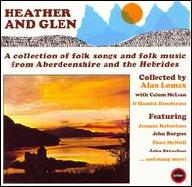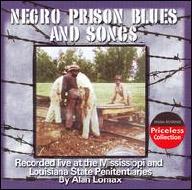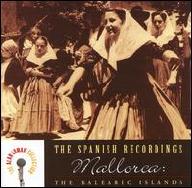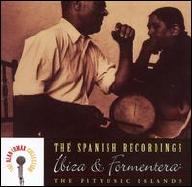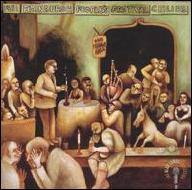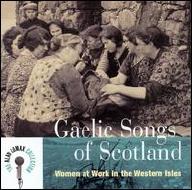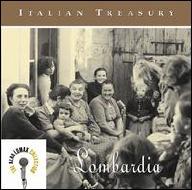In 1938, Lomax turned to jazz, recording more than eight hours of vocals, instrumentals, and spoken recollections from one of the founders of the form, Jelly Roll Morton. A year later, he premiered "American Folk Songs," a 26-week historical overview broadcast as part of the CBS radio series American School of the Air; Lomax also continued to write and direct special broadcasts promoting the war effort in the months ahead. In 1946, he sat down with Memphis Slim, Sonny Boy Williamson, and Big Bill Broonzy to explore the origins and philosophy of the blues, issuing the sessions in 1959 as Blues in the Mississippi Night; he spent the remainder of the decade recording prison songs in the Mississippi area, and in 1948 became host and writer of the Mutual Broadcasting Network series On Top of Old Smokey. In 1950, Lomax relocated to England, where he remained for much of the decade; there he documented the traditional music of the British Isles, with his recordings becoming the basis of the ten-disc 1961 series Folksongs of Great Britain. During the same period, he also made extensive field recordings in Spain and Italy.
Lomax returned to the States in 1959 and immediately made another expedition into the South, where he discovered, among others, bluesman Mississippi Fred McDowell. A year later, he published the book Folk Songs of North America; a six-month field trip to the West Indies followed in 1962, and there he recorded traditional musics from the English-, French-, and Spanish-speaking people of the Caribbean, as well as the Hindu culture of Trinidad. In 1967, Lomax teamed with Woody Guthrie and Pete Seeger for the book Hard Hitting Songs for Hard-Hit People; Folk Song Style and Culture, the product of his years of world music study, followed in 1968. The advent of new technologies opened up new worlds for Lomax, and in the '70s and '80s, he made a series of journeys back to the South to videotape traditional musical performances for the PBS series American Patchwork, completed and broadcast in 1990. At the same time he continued work on the Global Jukebox -- an "intelligent museum" interactive software project -- and put the finishing touches on 1993's The Land Where the Blues Began, which won a National Book Award. Throughout the '90s and into the 21st century, Rounder Records steadily worked toward reissuing a 100-CD series showcasing Lomax's most legendary field recordings, generating a newfound audience for his scholarly efforts in ethnomusicology. Alan Lomax continued his work lecturing, writing, and working with the Association for Cultural Equity until his death at the age of 87 on July 19, 2002. Fortunately for archivists and music lovers everywhere, his painstaking documentation of the music and cultures of the world will be educating and enriching the lives of curious listeners for centuries to come. ~ Jason Ankeny, Rovi


